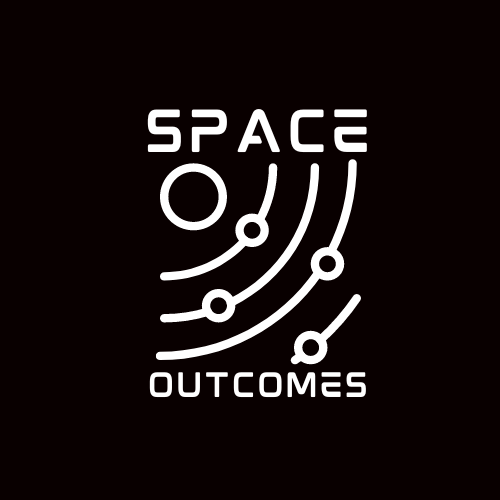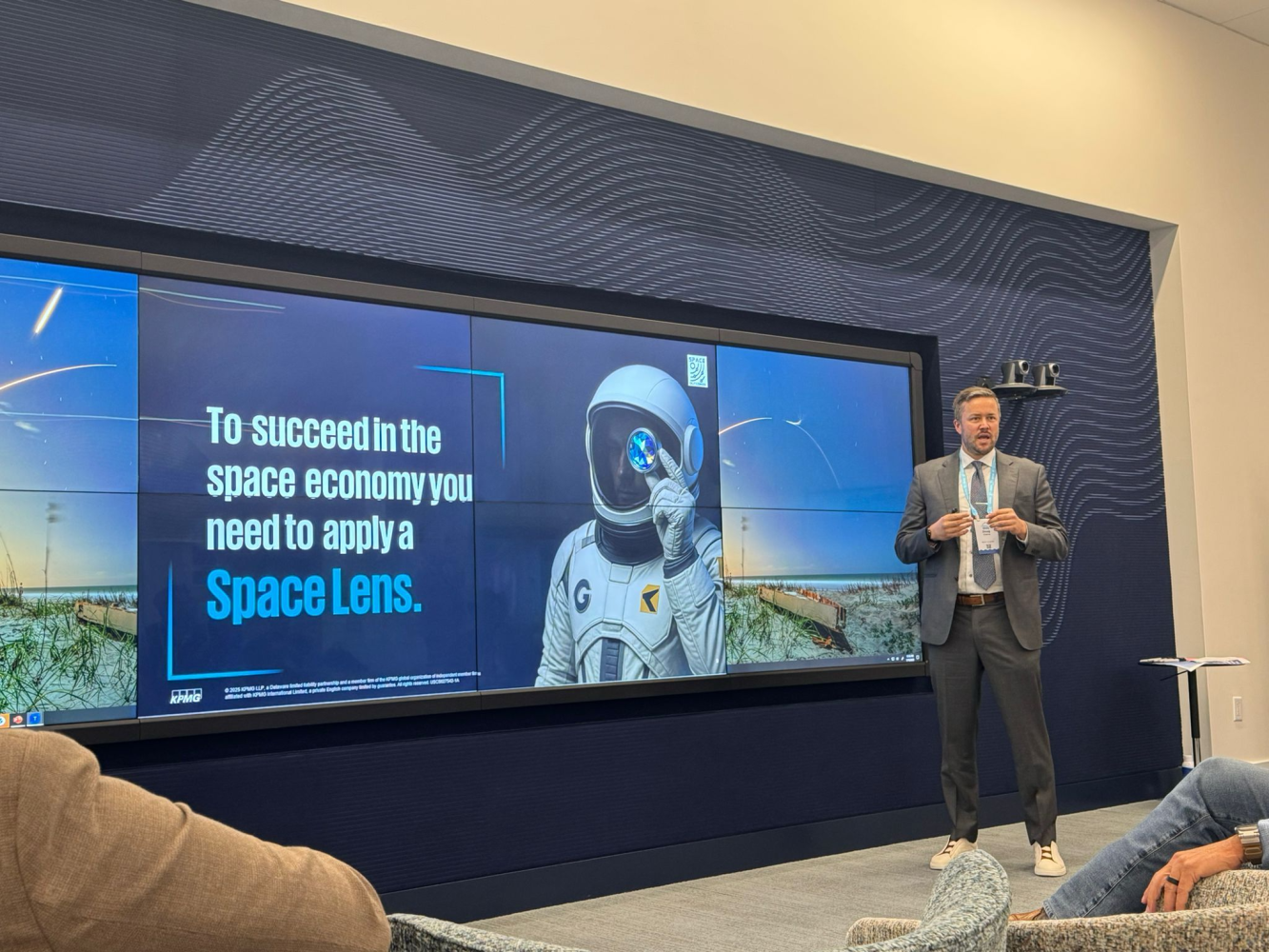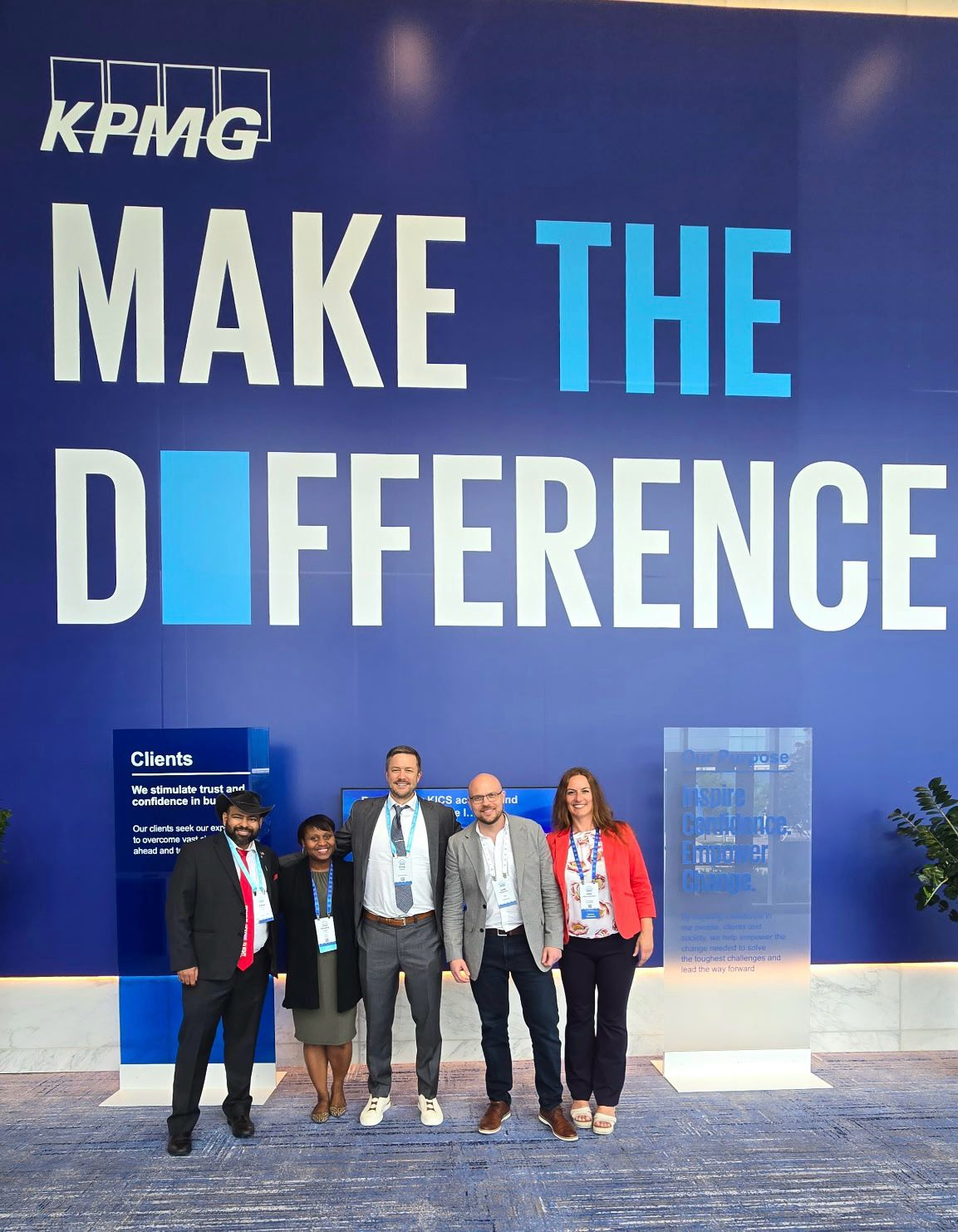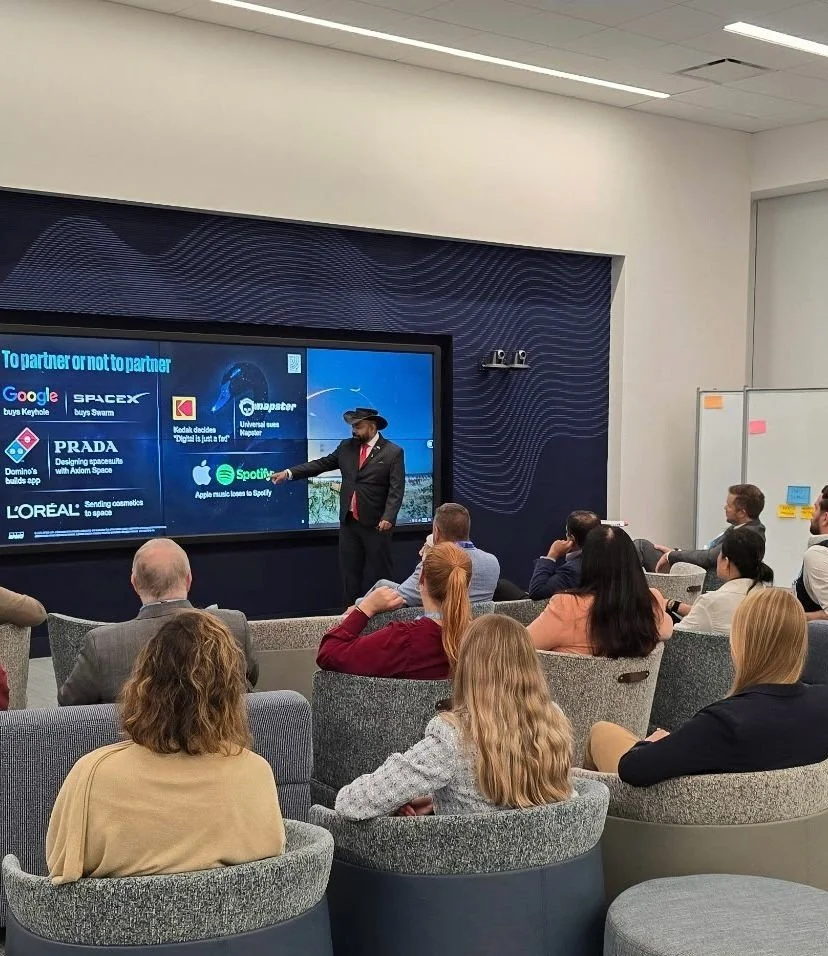Reflections on How to Deal with the Next Black Swan from Space
Last month my business partner Zaheer Ali and I were pleased to present our Space Lens™ to three cohorts of participants at July’s Space Coast Consortium, a cross-sector space event hosted by KPMG US at their impressive Lake Nona Lakehouse just outside Orlando, FL. Together we investigated how the Lens will help companies avoid disruption by the “next big thing” from space, which we dubbed a “Space Black Swan” event. The room was full of space experts who took our Black Swan scenarios and came up with viable plans to manage risk, create profits, and help humanity as the next big space dominos fall in the coming years: limitless metals (shoutout AstroForge ), revolutionary medicines (shoutout Redwire Space ), person-level resolution from space cameras (shoutout Planet ), and near-instantaneous cross-globe shipping (shoutout Rocket Lab ). These events could really happen, folks: space companies large and small are working on these today!
That's me, about to introduce our EV CEO scenario
Our big takeaways from this session might shed some new light on how the Space Lens™ will be helping companies over the next decade:
● Fortune 500 companies should take note: Both disruption and opportunity are coming from above. Are you ready?
● A multidisciplinary approach is essential: Combining domain expertise with space expertise is a potent combination to capture opportunity and manage risk from Space Black Swans.
● Partnerships begin with conversations. Any plan to deal with space Black Swans should be rooted in sales and business development best practices. As Steve Blank says, get out of the office and go talk to people!
Our talk placed everyone in the room in the shoes of the CEO of an electric vehicle (EV) battery company in the not-too-distant future, who notices that space resources—in this case, cobalt—are becoming increasingly likely to enter Earth’s economy and start affecting market prices. Our CEO saw two potential effects of cheap cobalt: clearly it would affect his cost of goods (cobalt is a key material in EV batteries, increasing energy density, stability and longevity), but the black swan angle carried some serious downside risk. His company could be disrupted if lower prices allow new, revolutionary uses of cobalt: a battery startup could make his EV batteries obsolete! Imagine cheap cobalt enabling major increases in EV range, or miniaturized consumer batteries creating whole new categories of product. We showed how our Space Lens™, when combined with some training on the physical differences in space, could expose for our CEO previously unseen risks and opportunities from a Space Black Swan.
After our talk, we dropped into a set of three workshops run by our amazing KPMG Ignition partners. We tackled three scenarios together:
What if a crystal generated in space cures cancer?
What if rocket cargo makes it possible to transport goods from LA to Sydney in 90 minutes?
What if commercial earth observation satellites had continuous 10cm resolution coverage of the entire Earth?
Z and me with our excellent KPMG US & Ignition collaborators
There are two reasons for Fortune 500 companies like Nabisco , ExxonMobil , or The Coca-Cola Company to start investigating commercial space today. First, evolving commercial earth observation and satellite internet constellations are shrinking the globe and exposing opportunities to make your businesses more efficient and less exposed to risk. Second, disruption will come from space, and now is the time to start investigating how space could cause changes in commodity prices, logistics, and your ability to monitor your operations across the globe. Could you make investments now that could let you self-disrupt instead of getting disrupted? With whom might you partner?
We learned during the workshops that "centering yourself on orbit" (credit to my business partner Z for this turn of phrase) helps to solve space conundrums. All the space expertise in the room helped us push past the science fiction feeling of awe and move toward tangible plans to avoid disruption and create profits, while also generating benefits to humanity at the same time. The workshop teams were able to quickly point out salient, non-intuitive factors affecting these new (currently fictional) space-driven markets, like blockchain, space law & regulations, AI at the edge, and cybersecurity.
Talking Black Swans: Here's Z walking our participants through the history of disruption and self-disruption
We asked each team to root their ideation in business development best practices by listing their “first 3 calls” to lock down key partnerships in the face of a Space Black Swan. Crucially, we also asked them to prototype their “pitch” for each call. I was surprised how many teams chose to call an intellectual property lawyer among their first three calls, but I suppose that’s a sign of the times. It was also interesting to watch teams of executives struggle to communicate concisely the opportunity and the risk that the black swan presented. To me, this implies the great need for storytelling and other strong BD practices, particularly when we’re speaking with people outside our industry.
We greatly appreciated the opportunity to brief the Space Coast Consortium, and we’re looking forward to many more conversations going forward. Please click here to stay in touch, and to get a copy of our slides and the Space Lens™!
Where are we going? UP!!!




